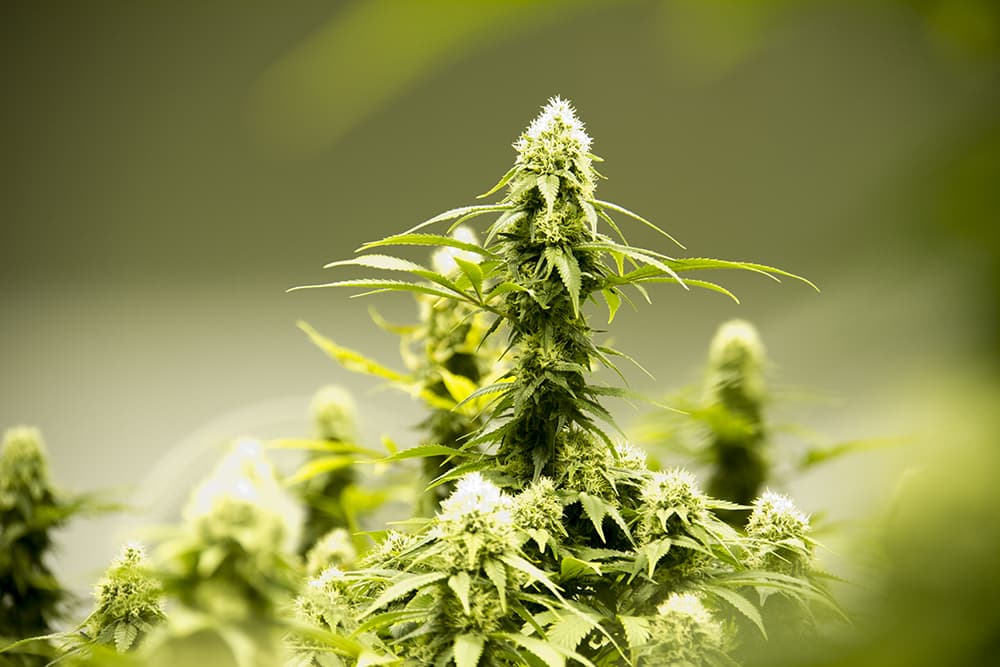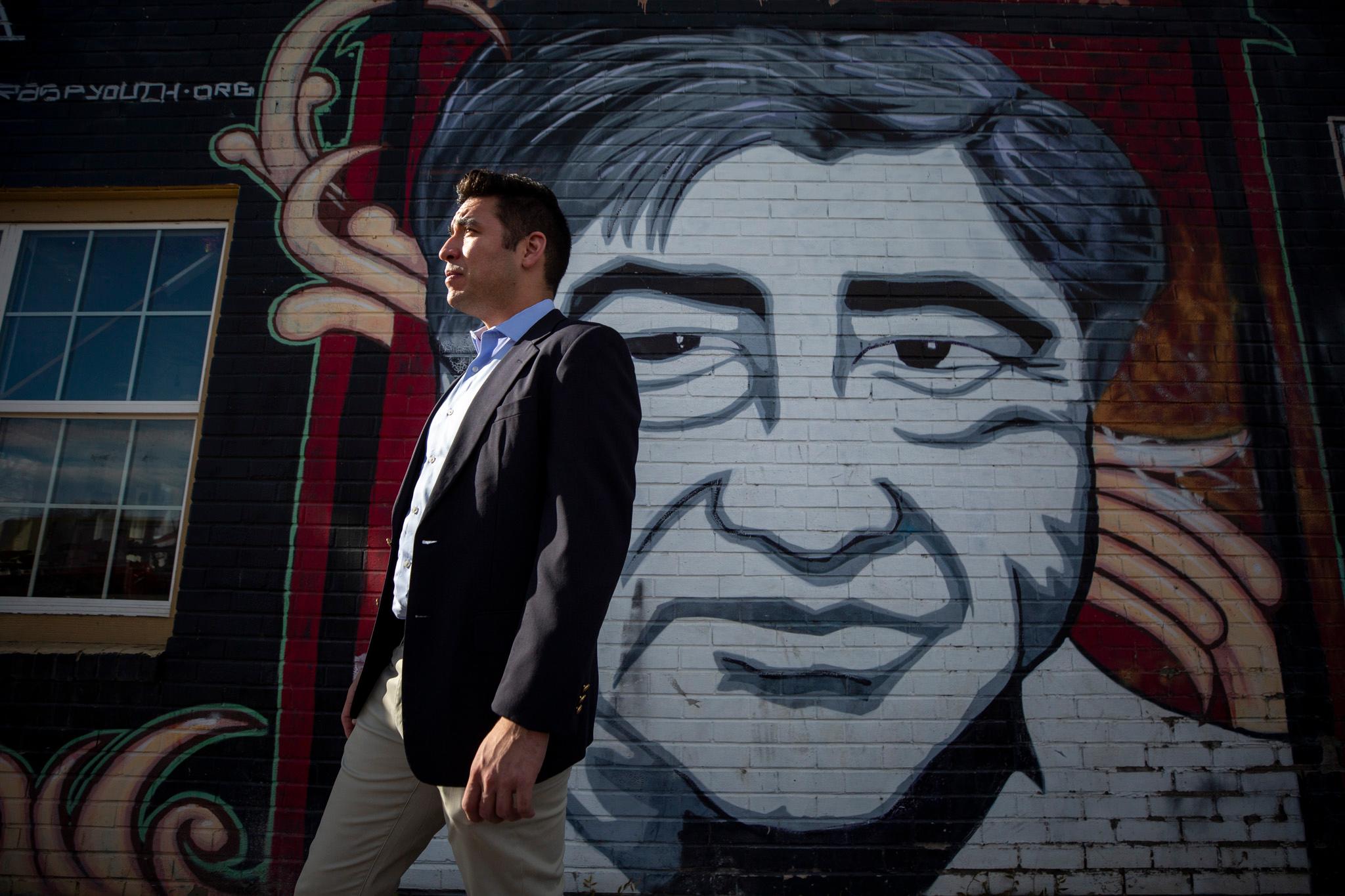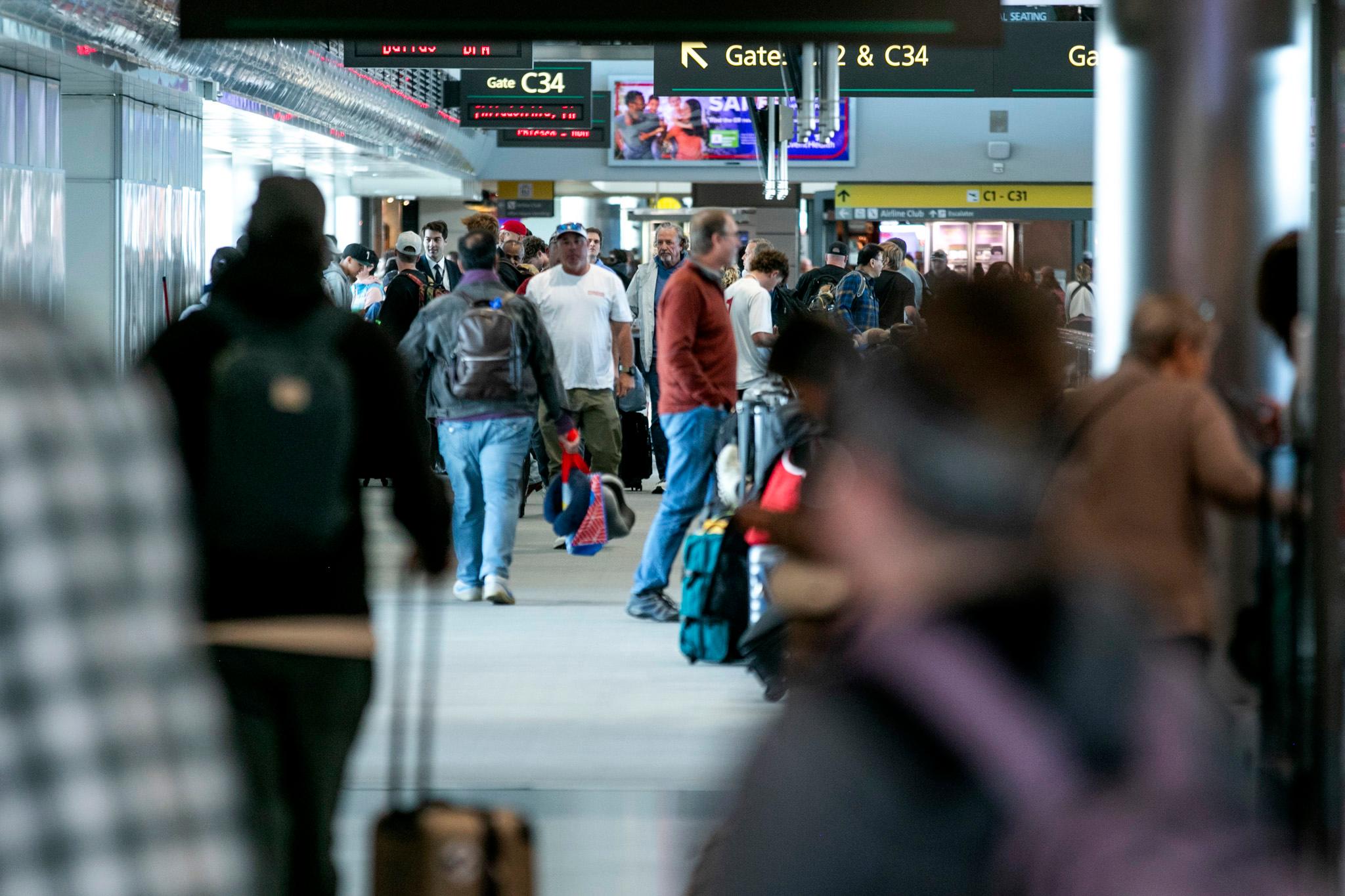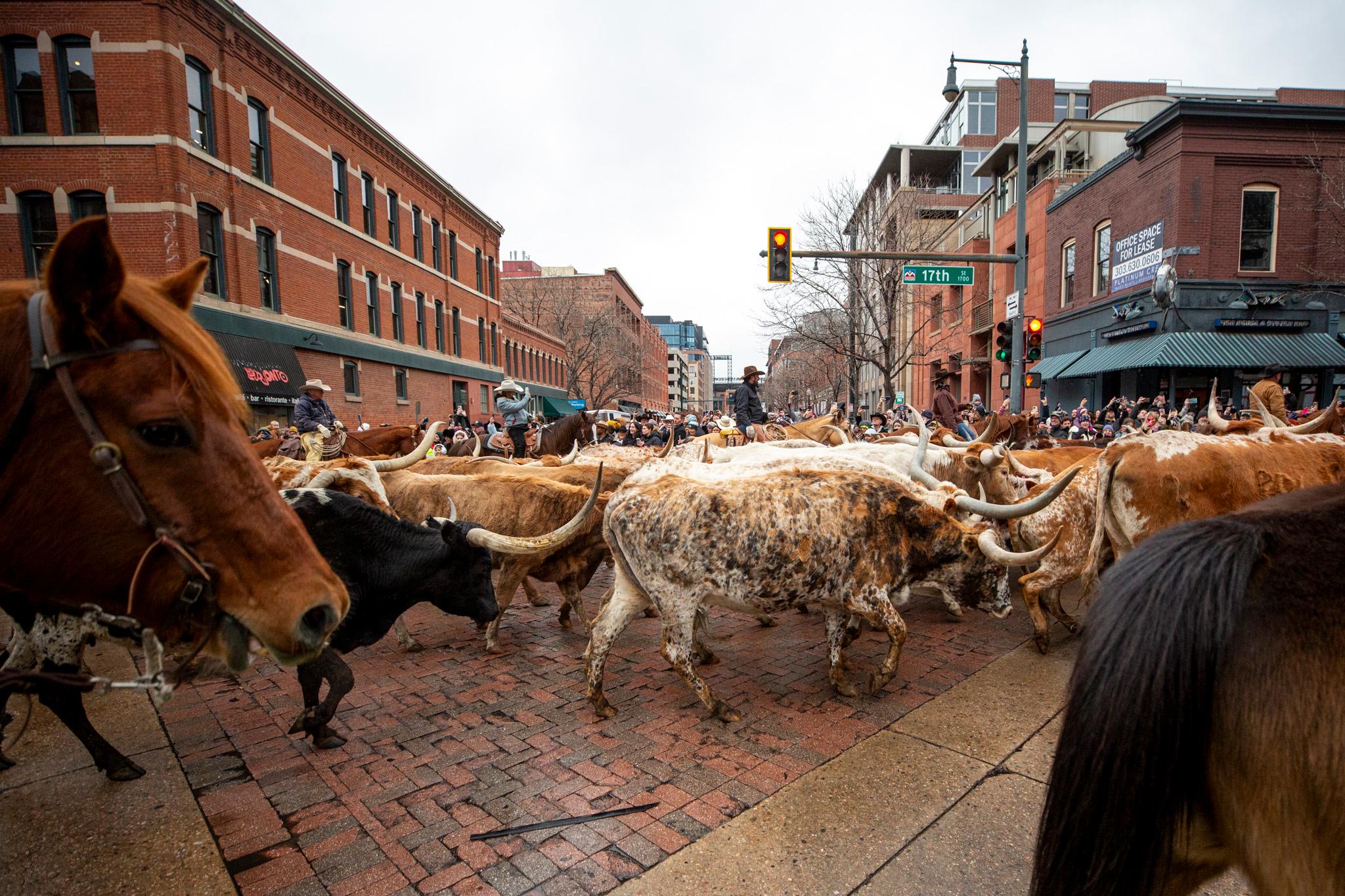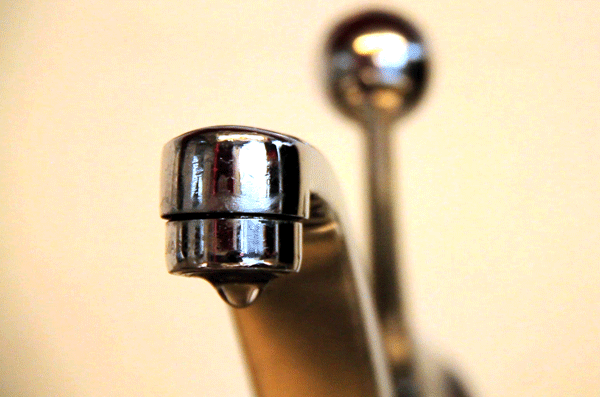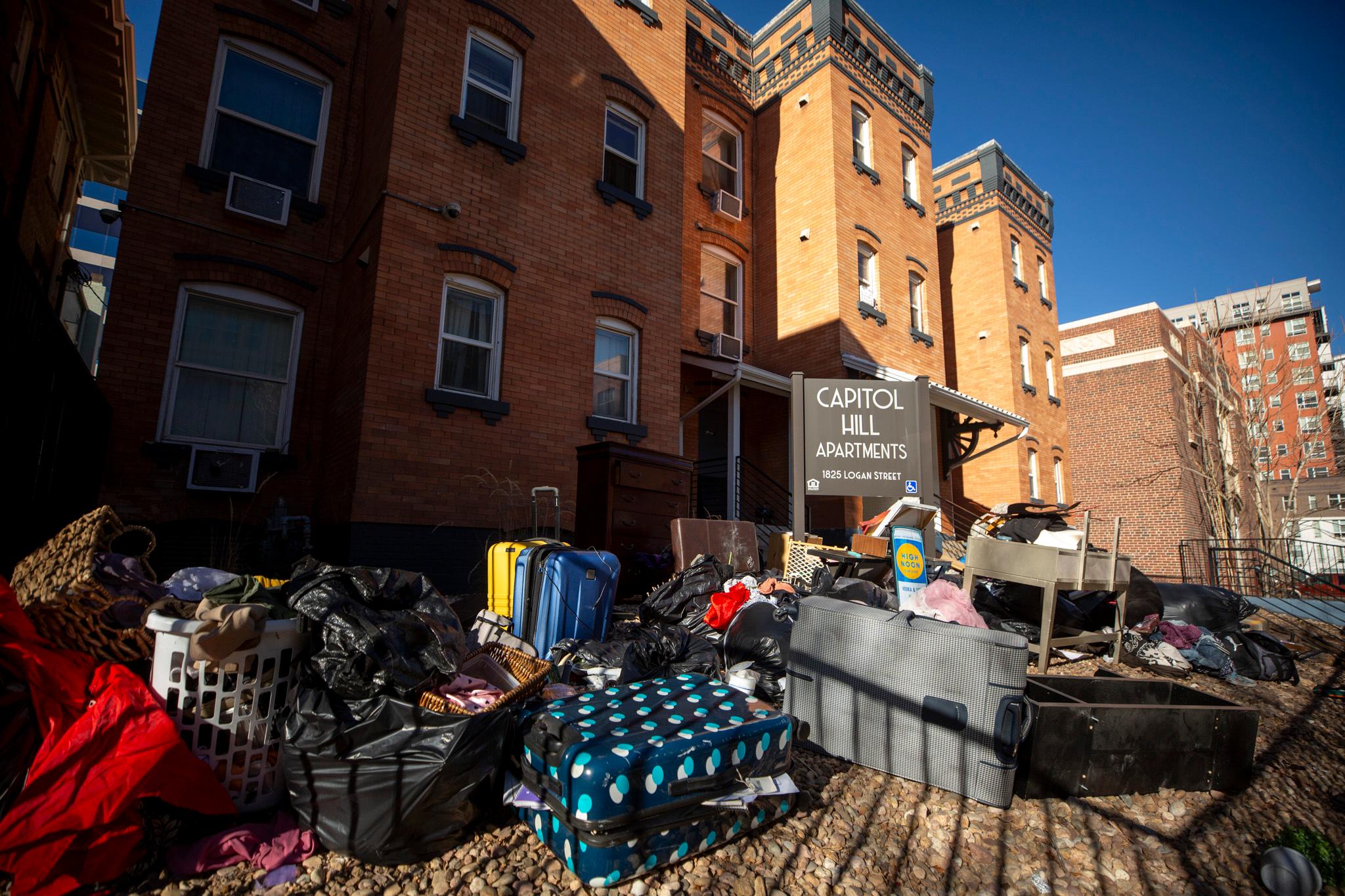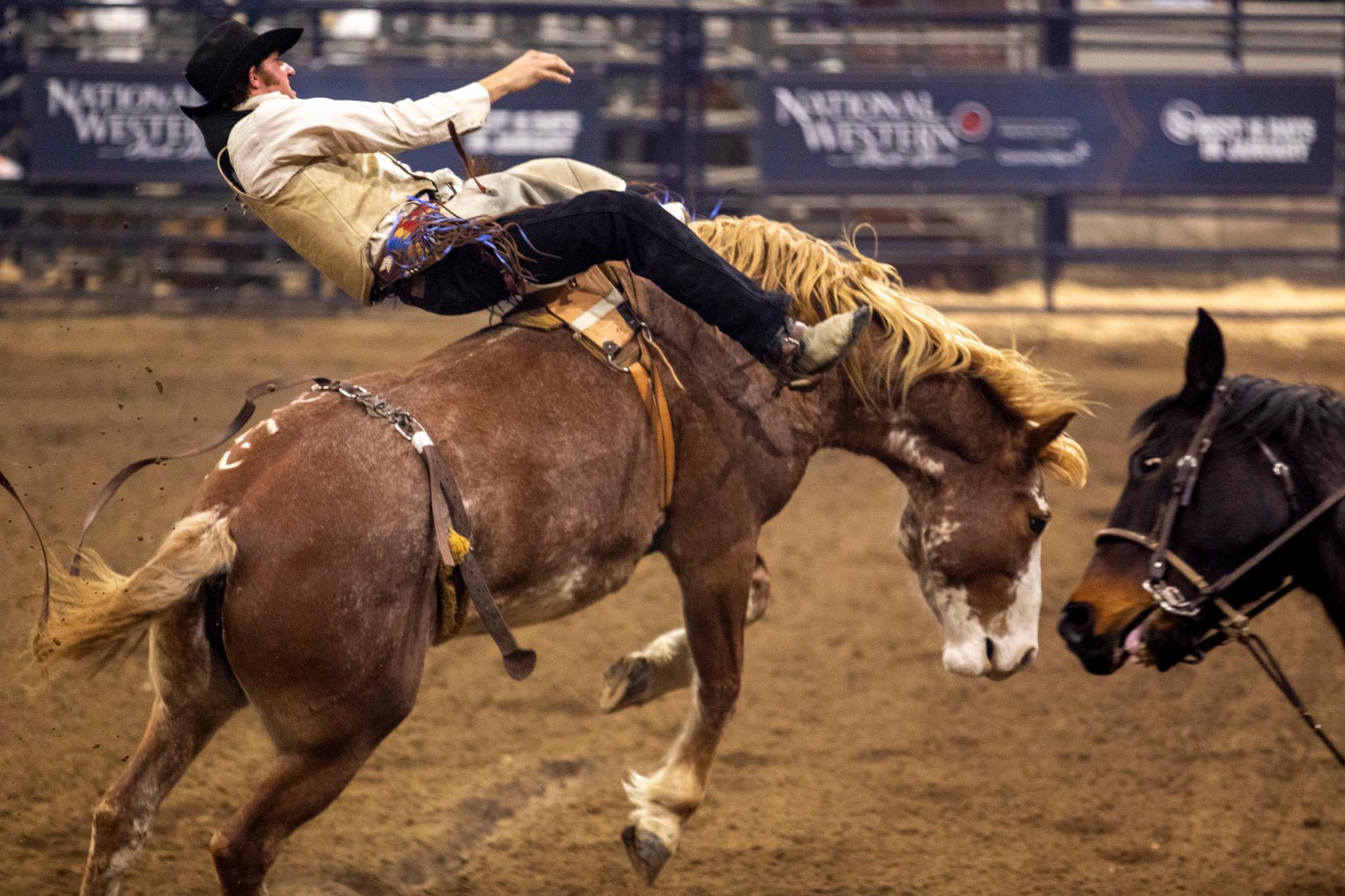By Scott Sonner, Associated Press
CARSON CITY, Nev. — If Nevada officials have their way, tourists and residents will be able to buy pot legally ahead of Independence Day.
But before recreational marijuana launches in the state best known for slot machines and showgirls, a judge must decide who has the right to distribute Nevada's newest cash crop.
The powerful liquor lobby and state-regulated medical marijuana dealers are fighting over who should be licensed to do that. Nevada is the only legal pot state where alcohol distributors were given the first shot at distribution licenses under the law that voters approved in November.
However, Nevada's Department of Taxation said in a draft regulation in March it had determined interest wasn't high enough among alcohol distributors, so it has the authority to allow existing medical marijuana shops to provide pot to retailers already qualified to sell it. The system would be used until permanent regulations are put in place on Jan. 1, 2018.
The department revised its final regulation in May to reflect it had not yet formally determined there was "insufficient" interest among existing holders of alcohol distribution licenses. But the alcohol distributors said the writing already was on the wall and filed suit, arguing they get first dibs.
On Tuesday, Carson City District Judge James Wilson rejected the state's request to throw out the lawsuit. He said he'll hold a daylong hearing Monday intended to resolve the dispute that could throw a wrench into plans to launch Nevada's first sales of pot for recreational use on July 1 at existing medical dispensaries.
In the meantime, Wilson left in place a temporary restraining order he issued May 30 prohibiting the issuance of any marijuana distribution licenses.
The judge stopped short of saying he intends to issue a permanent ruling from the bench on Monday, but when the possibility of a continuation was raised, he said the important issue needs to be resolved quickly.
Kevin Benson, a lawyer for the Independent Alcohol Distributors of Nevada, said the tax department exceeded its authority when it decided there was insufficient interest among alcohol distributors based an undisclosed methodology.
He said the state's action "illustrates the fact that the entire process was rushed to the point that it was intentionally designed to prevent alcohol distributors from having a fair opportunity to apply and qualify for an exclusive license."
Chief Deputy Attorney General William McKean countered, "There's nothing the Department of Taxation has done to stop them from applying" for marijuana distribution licenses.
The Nevada Cannabis Coalition said alcohol distributors are complaining that they are not being guaranteed a monopoly over marijuana distribution. It says any delay in licensing could cost the state millions of dollars a month in tax revenue earmarked for schools.
The taxes signed into law this month are projected to raise $120 million in revenue over two years.
Colorado, another legal pot state, bars people from holding alcohol and marijuana licenses.
Washington didn't have a medical pot program before legalizing recreational marijuana and now requires all pot business to be licensed by its state Liquor Control Board.

